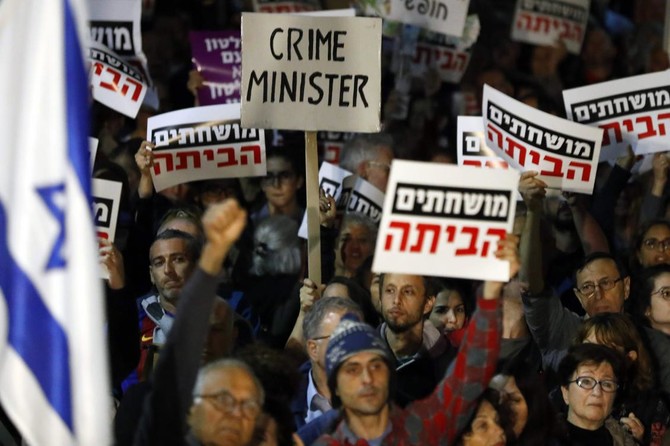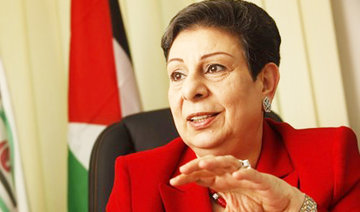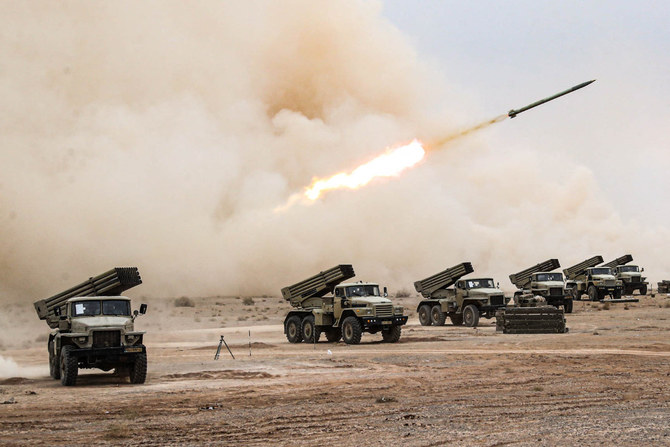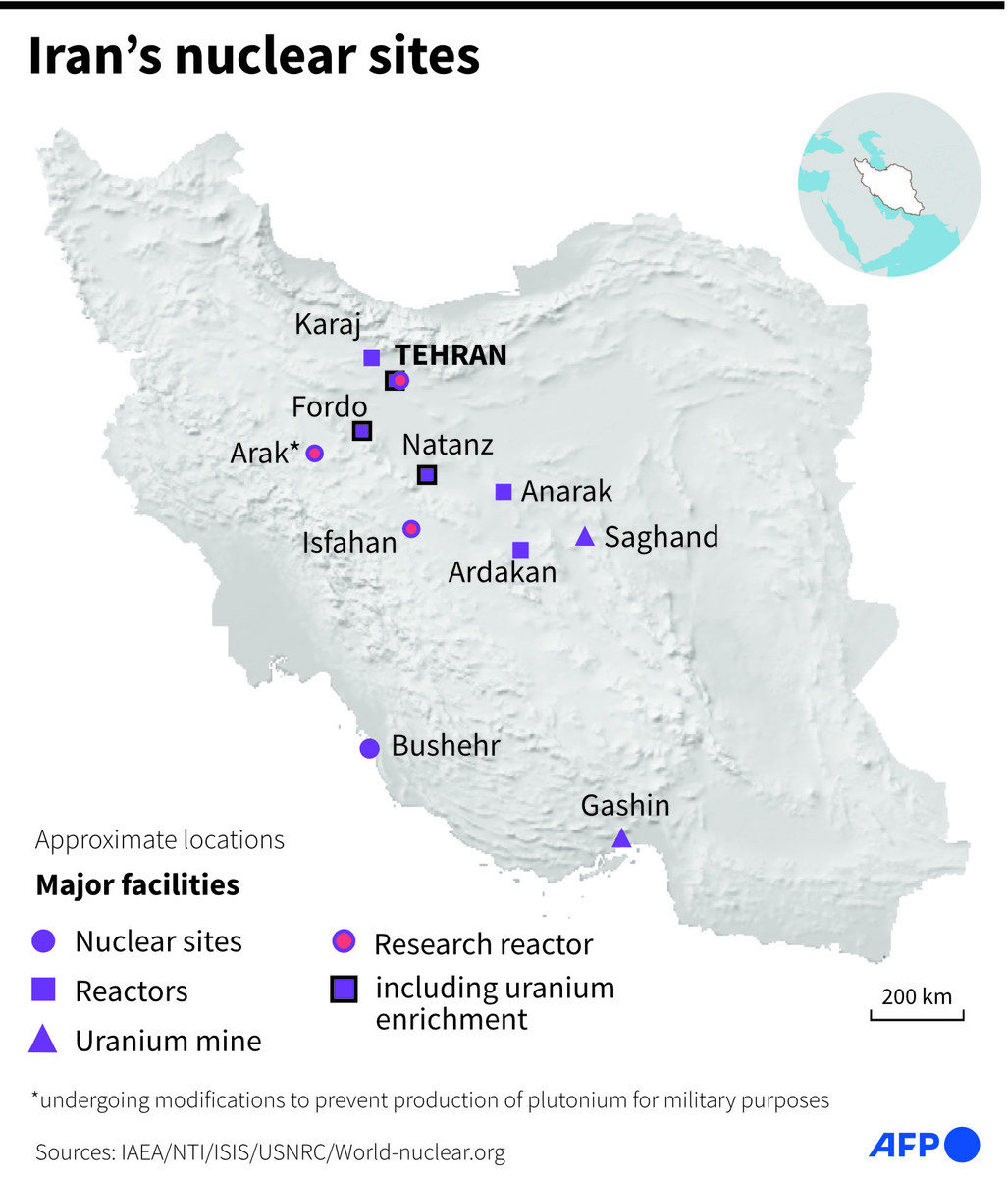JERUSALEM: Israel on Wednesday began implementing a plan to force tens of thousands of African migrants out of the country by April, threatening to arrest those who stay.
“This plan will get under way today,” Prime Minister Benjamin Netanyahu said at the start of a cabinet meeting.
Under the program, some 38,000 migrants who entered Israel illegally, mainly Eritreans and Sudanese, will have until the end of March to leave.
Each will receive a plane ticket and $3,500 (2,900 euros) to do so. After the deadline, this amount will decrease and those who continue to refuse to go will face arrest.
Holot, an open facility in Israel’s desert south that can host 1,200 migrants who are allowed to leave to work during the day, is also set to be closed.
It currently holds 970 people, the interior ministry said this week.
The plan was originally approved by the cabinet in November, drawing concern from the UN refugee agency.
Wednesday’s cabinet session marked the program’s transition from the planning stage to action, migrant aid worker Adi Drori-Avraham told AFP.
“We see here the implementation of the decision,” said Drori-Avraham of the Tel Aviv-based Aid Organization for Refugees and Asylum Seekers in Israel (ASSAF).
The Africans currently hold short-term residence visas which must be renewed every two months.
“From today when a person goes to request an extension to their visa, if he does not have a pending asylum application... his visa will not be renewed and he will be given a deportation order,” she added.
She said that under the new regulations there was also an option for the authorities “not even to threaten them with a choice of voluntary departure or jail, simply to seize them and take them to a plane.”
“At the moment there are exceptions for women, children, parents of children and victims of human trafficking, but the procedural rules make it clear that those exemptions are only temporary,” she added.
In his comments to the cabinet and media, Netanyahu defended the plan.
“Every country must maintain its borders, and protecting the borders from illegal infiltration is both a right and a basic duty of a sovereign state,” he said.
But Tsgahans Goytiom, a 30-year-old Eritrean in south Tel Aviv, said he felt that he and his fellow refugees were being treated like commodities.
“I see the situation now as very bad and difficult,” he told AFP in Hebrew. “We are being traded.”
“I am not from Uganda or Rwanda,” he added. “How come the prime minister decided to send people to other countries?“
Israel tacitly recognizes that the Sudanese and Eritreans cannot be returned to their dangerous homelands, so it has signed deals with Rwanda and Uganda, which agree to accept departing migrants on condition they consent to the arrangement, activists say.
A 2016 UN commission of inquiry into Eritrea’s harsh regime found “widespread and systematic” crimes against humanity and said an estimated 5,000 people flee the country each month.
The International Criminal Court has indicted Sudanese President Omar Al-Bashir on charges of war crimes, crimes against humanity and genocide related to his regime’s counter-insurgency tactics in the 14-year-old conflict in Darfur.
Migrants started coming in large numbers across the porous border between Israel and Egypt’s Sinai Peninsula in 2007, when nearly 5,000 entered, interior ministry figures show.
The government has since completed fencing the border and deploying electronic sensors. In the first six months of last year, no one made it across.
Over the years, those caught at the Egyptian frontier were detained at prisons in the Negev desert in southern Israel.
On release they were given bus tickets to Tel Aviv, arriving at the central bus station on the south side of the city, where many have since remained.
Israeli residents of southern Tel Aviv have long complained of their presence and right-wing politicians have pledged to heed calls to force them out, often with harsh rhetoric.
During a visit there in August, Netanyahu pledged to “return south Tel Aviv to the citizens of Israel,” adding that the Africans were “not refugees but illegal infiltrators.”
























